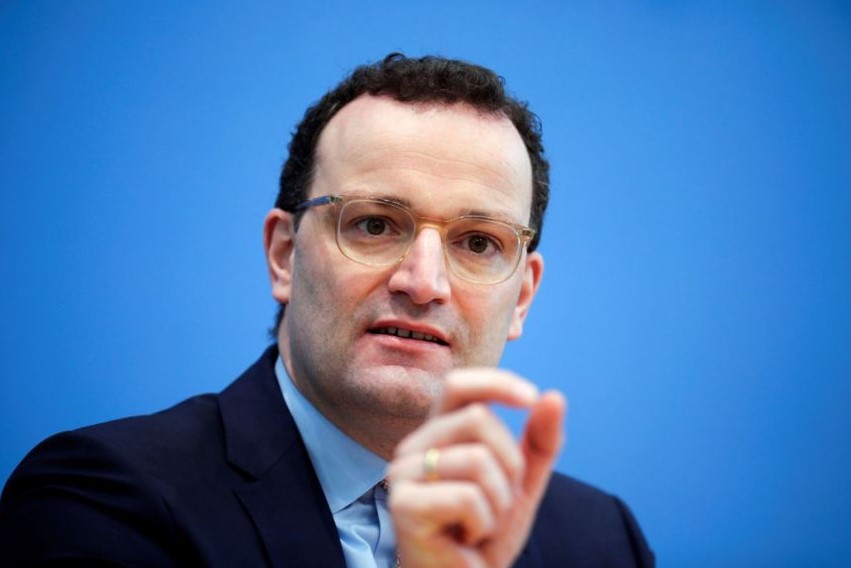German Health Minister Jens Spahn on Thursday suggested coronavirus restrictions could be lifted before spring, as case numbers in the country continued to edge downwards.
-We can't stay in this hard lockdown all winter. We would not tolerate that well as a society- Spahn said in an interview with the Funke media group.
Germany went into a partial lockdown in November, closing bars, restaurants and cultural and sporting facilities.
Schools and non-essential shops were added to the list in mid-December, with rules on mask-wearing and working from home tightened in January amid concerns over new virus variants.
The number of new infections and patients in intensive care has been falling steadily since the start of the year, a trend Spahn called "encouraging".
But the Robert Koch Institute health body reported 14,211 new cases and 786 deaths on Thursday and an incidence rate of 81 -- still well above the target of 50 that German politicians have set as a yardstick for reopening.
Chancellor Angela Merkel and the leaders of Germany's 16 states will meet on Wednesday to decide whether to extend restrictions after they expire on February 14.
Some experts believe it is too soon to relax the measures, especially in the light of new, more contagious variants.
Ute Teichert, the head of the Federal Association of German Public Health Officers, called last week for a so-called zero-Covid strategy to stamp out infections.
-We cannot start relaxing (restrictions) again at an incidence rate of 100, 70 or 50- she said.
But Spahn said the goal for Germany remained "to prevent the health system from being overburdened -- and not to avoid every infection".
-To get it down to zero infections and keep it that way comes at a disproportionate cost in other areas of life- he said.
